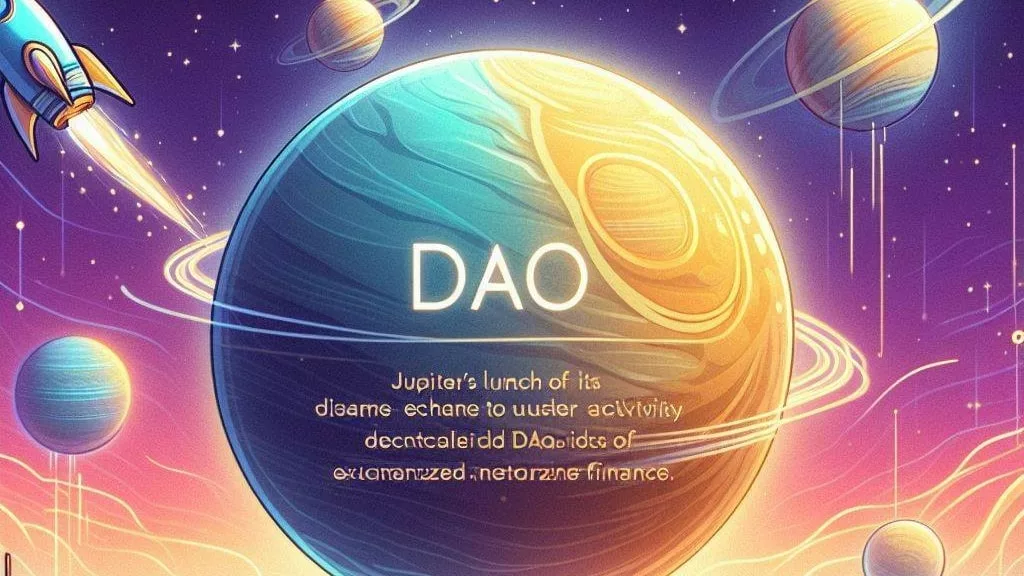
Solana, touted for its high throughput and low fees, has long been a darling of the DeFi world. However, recent data paints a sobering picture of dwindling user engagement. Daily transactions on Solana’s decentralized exchanges (DEXes) have seen a sharp decline, plummeting by a staggering 71% according to Artemis’ data. This downturn in activity is mirrored by a 40% drop in the daily count of unique active addresses since mid-March, signaling waning interest in the network.
The repercussions of this decline reverberate across Solana’s ecosystem, manifesting in diminishing protocol fees and revenues. Transaction fees, a vital source of income for network validators, have witnessed a precipitous drop of 60% in just eight days. Similarly, revenue generated from these fees has dwindled, painting a bleak picture for Solana’s financial viability in the short term.
But amid the gloom, a glimmer of hope emerges from the depths of the crypto sea. Jupiter DEX, a Solana-based decentralized exchange, has unveiled plans for its own native DAO, backed by a substantial war chest of 10 million USDC and 100 million JUP tokens, equivalent to a staggering $132 million. This move signals Jupiter’s commitment to fostering innovation and community involvement within its ecosystem, setting a precedent for decentralized governance in the DEX space.
The implications of Jupiter’s DAO launch are manifold. By empowering users to propose and fund initiatives using USDC and JUP tokens, the DAO fosters a sense of ownership and collaboration among stakeholders. Furthermore, the annual budgetary allocation ensures sustained support for long-term objectives, paving the way for continued growth and development.
But can Jupiter’s latest gambit breathe new life into Solana’s faltering DEX ecosystem? While it’s too early to predict with certainty, early indicators suggest a promising outlook. Despite Solana’s decline, its native token, SOL, has experienced a remarkable surge, with prices soaring by 70% in the past month. This resilience speaks volumes about investor confidence in Solana’s underlying technology and long-term potential.
Moreover, key trading indicators paint a bullish picture for SOL, with buying activity outpacing selling pressure. The Relative Strength Index (RSI) and Money Flow Index (MFI) indicate sustained accumulation of SOL tokens, despite profit-taking activities in the market. Additionally, the positive Elder-Ray Index underscores a prevailing bullish sentiment among traders, further bolstering SOL’s upward trajectory.
In the grand tapestry of the crypto market, every rise and fall carries with it the promise of opportunity and renewal. While Solana grapples with its current challenges, Jupiter’s bold foray into decentralized governance offers a ray of hope for decentralized exchanges everywhere. As the crypto saga unfolds, one thing remains clear: innovation and resilience are the cornerstones of progress in this ever-evolving landscape.
Amidst this gloomy backdrop, however, SOL, Solana’s native cryptocurrency, stands as a beacon of resilience. Despite the network’s woes, SOL’s price has surged by an impressive 70% in the past month, defying broader market trends. Key momentum indicators suggest sustained buying activity, with traders showing a propensity for accumulating SOL despite sporadic profit-taking.
Enter Jupiter, a Solana-based decentralized exchange, poised to disrupt the status quo with its ambitious foray into decentralized governance. The launch of Jupiter’s native DAO, funded by a substantial pool of USDC and JUP tokens, marks a significant milestone in the platform’s evolution. Empowered by this DAO, Jupiter aims to foster innovation by incentivizing community participation and aligning long-term interests through token rewards.
The implications of Jupiter’s DAO extend far beyond its immediate ecosystem. As Solana grapples with dwindling user activity, Jupiter’s proactive approach to community engagement offers a ray of hope for the broader DeFi landscape. By embracing decentralized governance, Jupiter not only cultivates a sense of ownership among its users but also lays the groundwork for a more robust and resilient ecosystem.
As the crypto market continues to navigate choppy waters, the fate of Solana and Jupiter remains intertwined. While Solana faces headwinds stemming from a decline in user engagement, Jupiter’s embrace of decentralized governance heralds a new era of innovation and resilience. Whether Jupiter’s latest update can catalyze Solana’s resurgence remains to be seen, but one thing is clear: in the ever-changing landscape of DeFi, adaptability is key, and innovation reigns supreme.


Get the latest Crypto & Blockchain News in your inbox.